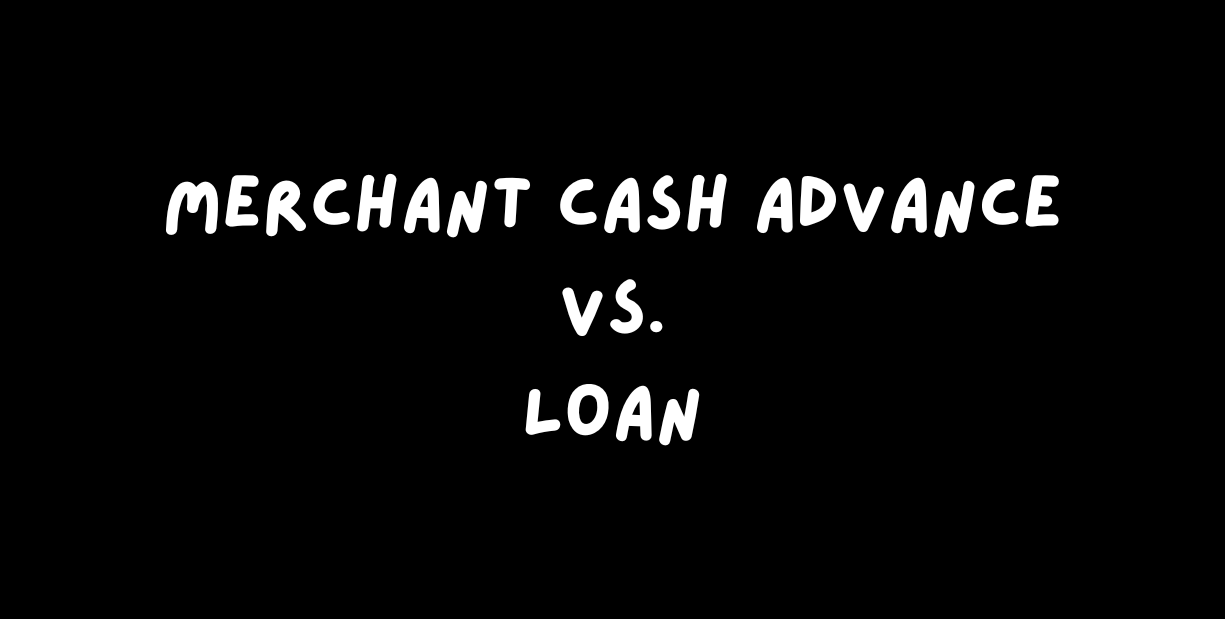What Happens When You Default on a Merchant Cash Advance Loan?
What Happens When You Default on a Merchant Cash Advance Loan?

At J. Singer Law Group PLLC, we understand the complexities of MCAs and the challenges business owners face when struggling with repayment. In this guide, we’ll cover what happens if you default on an MCA, what the potential consequences are, and how you can protect yourself and your business.
What is a Merchant Cash Advance (MCA)?
Why Businesses Use MCAs
MCAs are appealing for businesses with poor credit or limited financing options because they do not require traditional credit checks. Instead, approval is based on your sales volume. However, the fast cash often comes with hidden costs and hefty fees, leading many business owners to struggle with repayments and eventually default.What Does it Mean to Default on a Merchant Cash Advance?
Defaulting on an MCA typically means you’ve failed to make the required payments under the agreed-upon terms. Since MCA repayments are based on daily or weekly sales percentages, missing payments usually occurs if your sales drop significantly or if your cash flow isn’t enough to cover the automatic withdrawals. Many MCA agreements classify even a single missed payment as a default, triggering aggressive collection measures.
Common Reasons for MCA Defaults
- Decreased Sales: If your business experiences a slowdown, your daily sales may not generate enough to cover the required percentage.
- Overextended Debt: Many business owners take on multiple MCAs to cover earlier ones, leading to a debt cycle that becomes impossible to maintain.
- Unforeseen Expenses : Unexpected costs, such as emergency repairs or inventory expenses, can impact cash flow and lead to missed payments.
Consequences of Defaulting on a Merchant Cash Advance Loan
Defaulting on an MCA can lead to severe consequences that go beyond standard debt collections. MCA agreements often contain clauses that give lenders extensive power to collect the debt. Here’s what you might face if you default:
1. Confession of Judgment Clauses Many MCA agreements include a Confession of Judgment (COJ) clause, which allows the lender to obtain a judgment against you without a trial. This means the lender can seize your assets or freeze your business accounts without having to go through a formal court process. COJ clauses are especially dangerous because they bypass your right to defend yourself in court, leading to immediate and sometimes devastating financial repercussions.
Note: Some states have banned the use of COJ clauses for small business loans, so it’s important to understand the laws in your state and consult with a lawyer if you’re unsure about your rights.
2. Daily or Weekly Bank Account Debits MCA providers often require direct access to your business bank account to withdraw payments. If you default, they may attempt to increase the withdrawal amounts or initiate multiple withdrawals to recover the funds. These actions can quickly drain your account and disrupt your business operations.
3. Additional Fees and Penalties If you miss payments, many MCA agreements impose additional fees and penalties, which can increase the total debt owed and make it even harder to catch up. These fees may include late payment charges, default penalties, and higher interest rates, creating a debt cycle that’s difficult to break.
4. Collection Actions and Harassment Once you default on an MCA, the lender may send your account to collections, where collection agencies use aggressive tactics to recover the debt. This can include repeated phone calls, emails, and letters demanding payment. Collection actions can be stressful and distracting, especially if they involve threats of legal action.
5. Legal Action and Asset Seizure If other collection efforts fail, the MCA provider may file a lawsuit against your business. In cases involving a COJ, they may already have a judgment, allowing them to garnish your business bank accounts or seize business assets to cover the outstanding debt. Legal action can put your business at risk, and the costs of defending against a lawsuit can add to your financial burden.
6. Personal Liability Risks Some MCA agreements require personal guarantees from business owners, meaning you could be personally liable for the debt if your business defaults. This can put your personal assets, such as your home or savings, at risk and lead to long-term financial consequences beyond your business.
Steps to Take if You’re Struggling with MCA Payments
If you’re having trouble making MCA payments or have already defaulted, there are steps you can take to mitigate the damage. Here are some strategies that may help:
1. Contact the MCA Provider If you anticipate difficulty making payments, contact the MCA provider as soon as possible. Some providers may be willing to adjust the payment terms temporarily, especially if you can demonstrate a genuine hardship. Negotiating a temporary reduction in the daily or weekly payment percentage may give your business time to recover.
2. Review the Contract Terms Carefully Go through your MCA agreement with a fine-tooth comb, focusing on clauses related to default, penalties, and Confession of Judgment provisions. Understanding the terms can help you make informed decisions and plan your next steps. Consider consulting an attorney to review the agreement and provide guidance on your options.
3. Consult a Merchant Cash Advance Defense Lawyer If you’ve defaulted on an MCA, working with an experienced attorney is essential. A Merchant Cash Advance defense lawyer can help you understand your rights, challenge Confession of Judgment clauses, and negotiate with the MCA provider to reduce the debt burden. They may be able to negotiate a settlement, restructure your payments, or challenge the validity of the debt in court.
4. Explore Alternative Financing Options If you’re relying on multiple MCAs to keep your business afloat, consider exploring alternative financing options. Business loans from credit unions, invoice financing, or lines of credit may offer more manageable terms and lower interest rates. Consolidating your debts through alternative financing may help you regain control of your business finances.
5. Consider Filing for Bankruptcy If your business is overwhelmed by debt, bankruptcy may provide a way to restructure or discharge the debt. Chapter 11 bankruptcy is a reorganization bankruptcy for businesses, while Chapter 7 allows for liquidation of assets if the business cannot continue operating. Bankruptcy can be a complex decision, so consult with an attorney to determine whether it’s a viable option for your situation.
How J. Singer Law Group PLLC Can Help if You Default on an MCA
Defaulting on a Merchant Cash Advance loan can be intimidating, but there are legal options available. At J. Singer Law Group PLLC, we specialize in helping business owners defend against aggressive MCA collection tactics and regain control of their financial future. Here’s how we can help:
1. Challenging Confession of Judgment Clauses Our attorneys are experienced in challenging Confession of Judgment clauses, which are often used to strip business owners of their rights. We’ll examine your MCA agreement to determine if the COJ is enforceable and fight to protect your business assets from unfair seizure.
2. Negotiating New Terms If you’re struggling with unmanageable payments, we can negotiate with the MCA provider on your behalf. Our attorneys work to secure more favorable terms, such as reduced payment amounts or extended repayment periods, to give your business breathing room.
3. Providing Legal Representation in Court If your case goes to court, our attorneys will provide skilled representation, advocating for your rights and defending against unfair claims. We’ll work to limit the impact on your business and minimize the potential for asset seizure or personal liability.
4. Exploring Debt Relief Options If multiple MCAs or other debts have overwhelmed your business, we’ll help you explore debt relief options, including business debt consolidation, alternative financing, or, if necessary, bankruptcy. Our goal is to help you find a solution that allows your business to recover and rebuild.
Conclusion: Protecting Your Business from MCA Default Consequences
Defaulting on a Merchant Cash Advance loan can have serious repercussions, from Confession of Judgment actions to aggressive debt collection. However, understanding your rights and taking proactive steps can help you mitigate the impact on your business. If you’re struggling with MCA debt or facing default, don’t wait to seek legal assistance.
At J. Singer Law Group PLLC , we’re dedicated to helping business owners protect their assets and find solutions to MCA debt challenges. Contact us today for a consultation, and let us help you take control of your business’s financial future.











